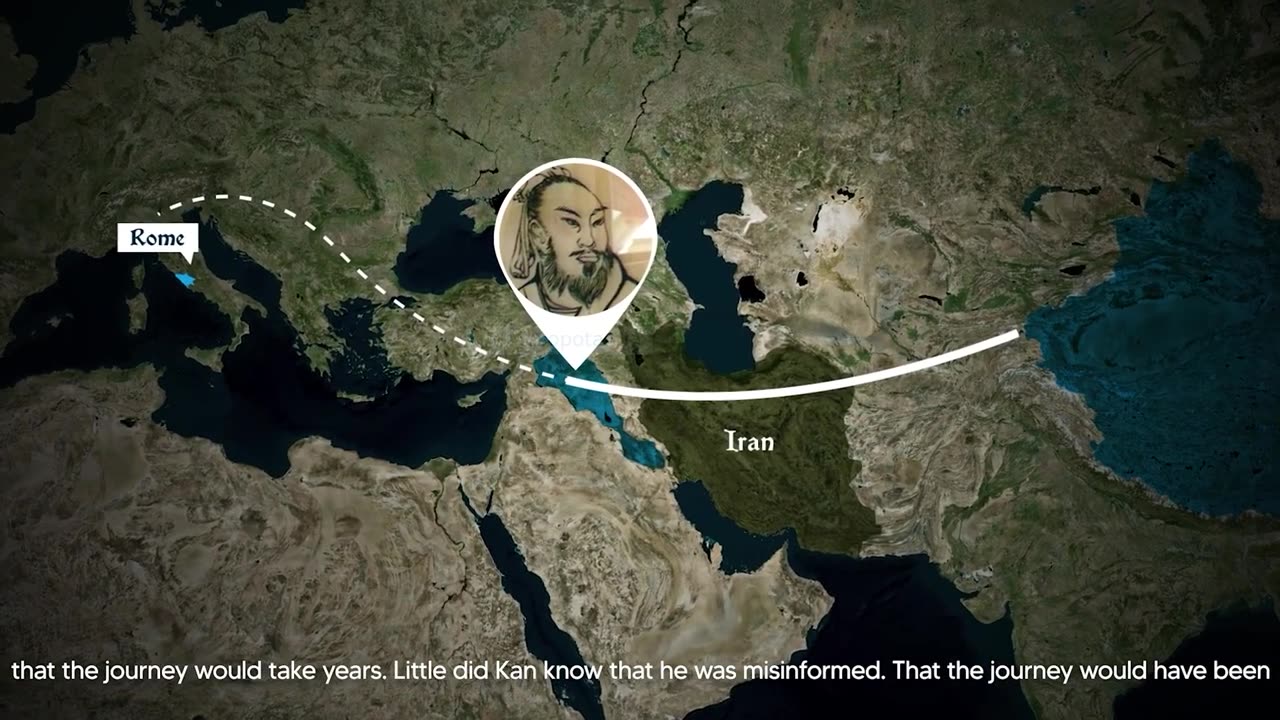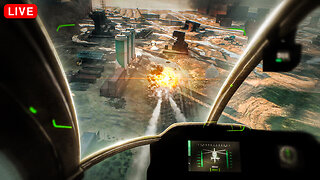Premium Only Content

the entire history of human civilization #human civilization
Stone Age: The earliest known human ancestors, Homo habilis and Homo erectus, lived during this time. They used primitive stone tools.
Neolithic Revolution (Around 10,000 BCE): Humans transitioned from hunting and gathering to agriculture, leading to settled communities and the development of early civilizations.
Ancient Civilizations (Around 3,000 BCE - 500 CE):
Mesopotamia: The Sumerians in modern-day Iraq are credited with creating one of the first written languages and systems of law.
Egypt: The ancient Egyptians developed advanced agriculture, architecture (pyramids), and hieroglyphic writing.
Indus Valley: The Indus Valley Civilization in South Asia had well-planned cities and complex social systems.
China: Ancient China saw the rise of dynasties like the Shang, Zhou, and Qin, with advancements in technology and philosophy.
Greece: The birthplace of democracy, philosophy (e.g., Plato, Aristotle), and the Olympic Games.
Rome: The Roman Empire was known for its vast territorial expansion, governance, and engineering (aqueducts, roads).
Maya, Inca, Aztec: Advanced civilizations in the Americas with impressive architecture and mathematics.
Classical Era (500 CE - 600 CE):
The fall of the Western Roman Empire marked the end of antiquity, while the Eastern Roman Empire, or Byzantine Empire, continued for several centuries.
The Gupta Empire in India saw remarkable achievements in mathematics and astronomy.
Medieval Period (Around 500 CE - 1500 CE):
The rise of Islam in the 7th century led to the Islamic Golden Age, with significant contributions to science, mathematics, and philosophy.
Feudalism and the Middle Ages dominated Europe.
The Crusades brought interactions between Europe and the Middle East.
The Renaissance in Europe (14th-17th centuries) saw a revival of art, science, and culture.
Early Modern Period (16th - 18th centuries):
European exploration and colonization, including the discovery of the Americas and sea routes to Asia.
The Scientific Revolution (e.g., Copernicus, Galileo, Newton) transformed understanding of the natural world.
Enlightenment ideas about liberty, reason, and individual rights began to shape politics.
Industrial Revolution (Late 18th - 19th centuries):
Transition from agrarian and handcraft-based economies to industrial and mechanized production.
Significant technological advancements in transportation, communication, and manufacturing.
Modern Era (20th century - present):
World Wars I and II reshaped the global order.
Decolonization movements led to the end of European empires.
The Cold War saw the ideological struggle between the United States and the Soviet Union.
The digital revolution brought computers and the internet.
Contemporary issues include globalization, climate change, and rapid technological advancement.
This overview only scratches the surface of human civilization's history, and countless other cultures and events have contributed to the rich tapestry of our collective past. The story of human civilization is one of adaptation, innovation, and the continuous pursuit of knowledge and progress.
-
 LIVE
LIVE
StoneMountain64
1 hour agoBATTLEFIELD 6 BETA Training and Prepping
152 watching -
 38:51
38:51
Members Club
1 hour agoWNBA Madness, Biohacker Oversharing, & Red-Pilled Denim
6.3K3 -
 2:07:23
2:07:23
Side Scrollers Podcast
4 hours agoCENSORSHIP PUSH JUST HIT OVERDRIVE, H3H3 LAWSUIT EXPOSES REDDIT MODS + MORE | SIDE SCROLLERS LIVE
6.9K -
 1:22:36
1:22:36
Simply Bitcoin
4 hours agoBREAKING: Trump ENDS Bankers ATTACK on YOUR SAVINGS! | EP 1303
8.88K5 -
 1:01:27
1:01:27
Timcast
3 hours agoTrump Asylum Ban HALTED By Judge, DOJ Could ESCALATE To Supreme Court
133K82 -
 2:07:39
2:07:39
Steven Crowder
5 hours agoIs America First Dead?
325K312 -
 1:28:14
1:28:14
Rebel News
2 hours agoPoilievre on unifying Canada, Carney on gender ideology, Jews banned from Pride
12.4K12 -
 4:22
4:22
Michael Heaver
9 hours agoExploding Reform Faces Desperate SHUTDOWN
15.1K1 -
 1:10:32
1:10:32
TheAlecLaceShow
3 hours agoGuests: Rep. Tim Burchett & Susan Crabtree | Dems Flee Texas | Russiagate Probe | The Alec Lace Show
11K1 -
 55:55
55:55
VINCE
6 hours agoThis Could Be The Beginning Of The End | Episode 96 - 08/05/25
244K530